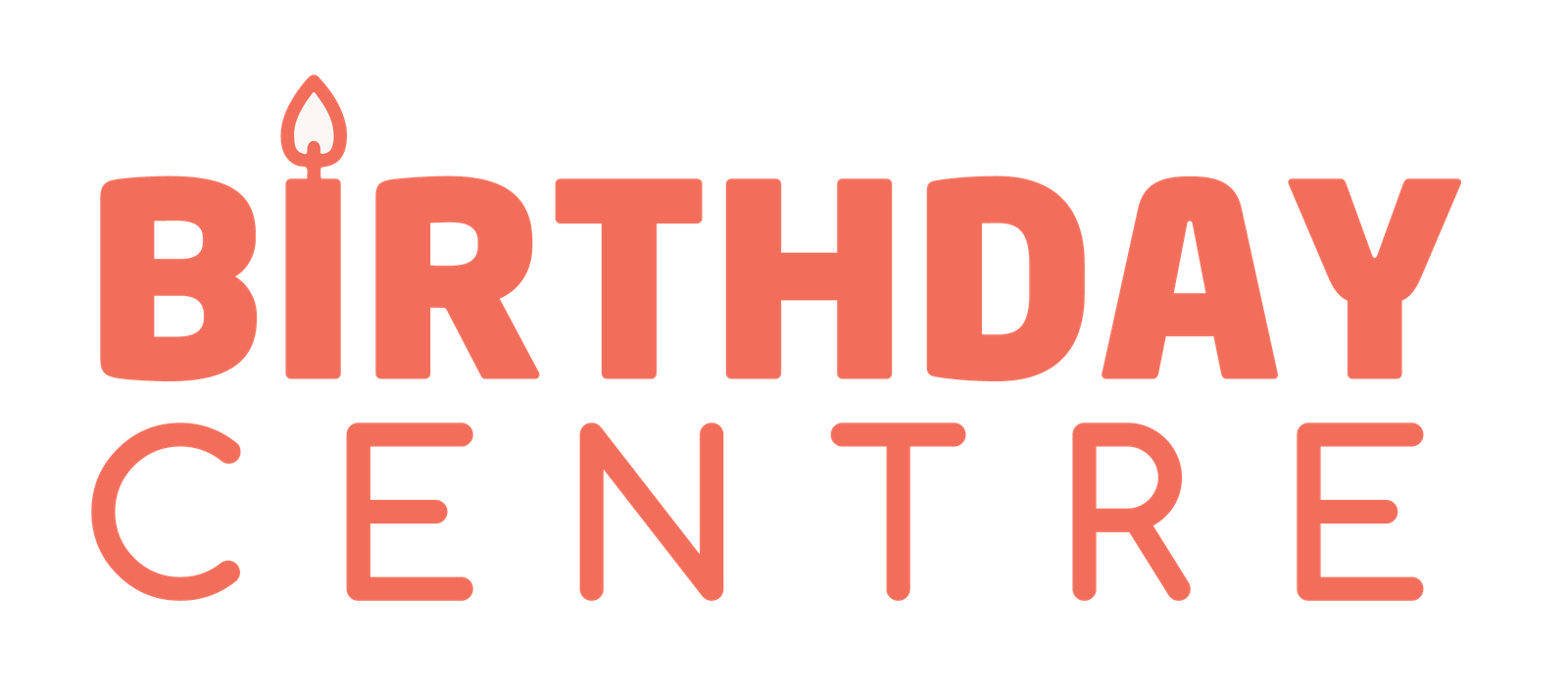Have you ever wondered how birthdays are celebrated in Korea? Maybe you’ve heard about the unique way age is calculated in South Korea and want to know more about it. In this blog post, we’ll delve into the fascinating cultural traditions surrounding birthdays in Korea, including the importance of certain milestones and the special foods and customs associated with these celebrations. You may be surprised to learn about the recent change in how age is calculated in South Korea and the impact it has had on the way birthdays are celebrated. To read more about this, check out South Koreans become younger as traditional way of counting age scrapped.
The Yearly Affair
The celebration of birthdays in Korea is a yearly affair, just like in many other cultures around the world. It’s a time for family and friends to come together to honor and celebrate the person whose special day it is. Whether it’s your own birthday or someone else’s, birthdays are an important part of Korean culture and are celebrated with various traditions and customs.

The Traditional Korean Birthday: Seollal and Chuseok
The traditional Korean birthday celebrations are deeply rooted in the country’s culture and history. Two of the most important traditional Korean holidays with birthday significance are Seollal, the lunar New Year, and Chuseok, the Korean harvest festival. Seollal, which typically falls in late January or early February, is a time for family gatherings, paying respects to ancestors, and enjoying traditional foods. Chuseok, which usually takes place in late September or early October, involves honoring ancestors and sharing a meal together. These holidays are a time for family and community, emphasizing the importance of honoring your heritage.
Modern Birthdays: Cake, Candles, and Song
In modern Korea, birthdays are celebrated in a similar way to Western cultures, with a few unique customs thrown in. One of the most important components of a Korean birthday celebration is the tradition of eating seaweed soup. This soup, known as miyeokguk, is consumed on birthdays to celebrate getting a year older. In addition to the soup, a cake is often enjoyed, along with the tradition of blowing out candles and making a wish. The birthday song is also sung, although it’s a Korean version known as “Happy Birthday to You” which is similar to the Western version. In recent years, gift-giving has also become a more common practice, with friends and family members exchanging presents to celebrate your special day.

Age and Korean Culture
While birthdays are celebrated in various ways across different cultures, age holds a unique significance in Korean culture. It’s important to understand the role of age and the Korean age system to fully appreciate how birthdays are observed in Korea.
The Korean Age System: Everyone’s One Year Older!
In Korea, your age is calculated differently than in many other parts of the world. Rather than counting the number of years since you were born, everyone in Korea becomes a year older on New Year’s Day. This means that even if you were born on December 31st, you will be considered two years old the very next day. It’s important to keep this in mind when celebrating birthdays in Korea, as it may affect the age at which certain milestones are reached.
Coming of Age: The 20th Year Milestone
One of the most significant milestones in Korean culture is the 20th year birthday, known as “manseok.” This marks the age at which you are officially considered an adult in Korea. It’s a time for celebration and reflection, as you are now seen as being fully responsible for your actions and decisions. Many young adults receive gifts and well wishes from family and friends, and it’s a time to take on new responsibilities and embrace the privileges of adulthood.

Special Birthdays
Despite South Korea’s recent change in age law, where Koreans are getting younger, there are still some special birthdays that hold significant cultural importance in the country. South Korea changes its age law and Koreans get younger, which has shifted the way birthdays are celebrated in the country.
The First Birthday Bash: Doljanchi
One of the most important birthdays in Korean culture is the first birthday, known as Doljanchi. This celebration marks the child’s first year of life and is centered around the Doljabi, a traditional ritual where the child is placed in front of a table with various objects. The item the child chooses is said to predict their future. Doljanchi is a joyous occasion celebrated with family and friends, and it holds significant cultural and symbolic meaning in Korean society.
The Decade Celebrations: Hwangap and Gohee
In addition to the first birthday, there are two other significant milestone birthdays in Korean culture: Hwangap and Gohee. Hwangap is celebrated when a person turns 60 and signifies a full cycle of life in traditional Korean belief. It is a time for family and friends to come together and honor the individual’s wisdom and experience. Similarly, Gohee is celebrated when a person reaches 70 and is a joyous occasion to honor their longevity and the positive impact they have had on the lives of others.

Conclusion
With this in mind, you now have a better understanding of how birthdays are celebrated in Korea. From the important age milestones to the traditional foods and customs, you can see that birthdays hold a special significance in Korean culture. Whether you are celebrating your own birthday or attending a friend’s celebration, you can now appreciate the meaningful aspects of this important tradition. So, the next time you find yourself in Korea during someone’s birthday, be sure to partake in the festivities and show your respect for their customs and traditions.





GIPHY App Key not set. Please check settings